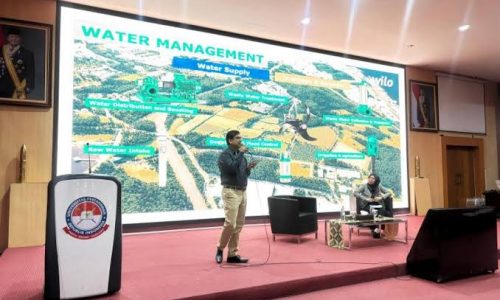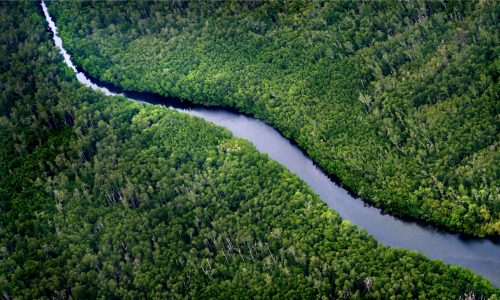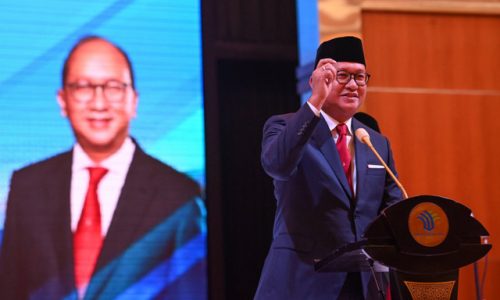PT Timah Tbk (TINS) is struggling to develop its rare earth mineral business due to various challenges, including a lack of partners, limited technology, and the need for significant funding.
Although the company had previously sought to collaborate with a China-based mineral processing company, the plan has stalled. As a result, Timah is now looking for new investors and exploring a possible partnership with a Canadian company.
Timah corporate secretary Abudullah Umar Baswedan revealed that the state-owned mining company has conducted a feasibility study with a Canadian mineral processing company to establish a downstream industry for rare earth metal.
However, Abdullah refused to disclose the company’s name at the moment. “They prefer to be anonymous,” Abdullah said on Wednesday (10/5).
As part of the partnership plan, Timah will supply rare earth metals while the Canadian company will construct a processing plant in Indonesia that can process 1,000 tons of monazite from tin ore each year.
Currently, TINS is counting on the government’s initial financial support and regulations on monazite exploitation to make this plan a reality. The company also requires a derivative of Government Regulation No 96/2021 to govern monazite as a metal and a domestic market ready to accommodate monazite.
Timah’s partnership in rare earth metals processing
In 2017, the Geological Agency of the Energy Ministry conducted a study on the potential for tin mining, which found that each ton of tin ore contains 0.95 percent monazite. It can be used as a raw material for many products, such as electric batteries, fighter aircraft coatings, and satellites.
The study also discovered that Bangka Belitung Islands has substantial rare earth metal deposits, with 186,663 tons of monazite and 20,734 tons of xenotime.
TINS had previously attempted to collaborate with a Chinese company, but the partnership failed due to the latter’s unwillingness to transfer technology to Timah. The Chinese mineral company only intended to buy Timah’s rare earth metals.
“There was a Chinese company that offered to buy PT Timah rare earth metals but they are unwilling to collaborate on technology transfer,” corporate secretary Abdullah said.
However, PT Timah and the National Nuclear Energy Agency (BATAN) have successfully extracted monazite from tin and converted it into monazite hydroxide using cracking procedures. So far, they have produced 300 tons of monazite hydroxide, which they are storing until a suitable processing technology is available.
The Geological Agency stated that the rare earth metal development is still in its early exploration phase, which includes mapping, georadar-geomagnet surveys, and potential content calculation.
Indonesian government efforts regarding rare earth industry
The Energy Ministry is also working with both domestic and international parties to accelerate the exploration stage of rare earth minerals. The Ministry has partnered with multiple Australian companies to conduct a joint study on rare earth metal processing technology.
This is necessary because developing rare earth metals require more complex handling than minerals, particularly when it comes to advanced technology.
The government is also drafting a Presidential Instruction (Inpres) to regulate private mining companies’ development and utilization and accelerate the downstream rare earth metals industry.
With the issuance of this Presidential Instruction, rare earth metals will now be classified as metal minerals that can be exploited, rather than radioactive materials. As a result, mining companies can process them independently without relying on the authority that manages radioactive materials. They only need to obtain a Mining Business License (IUP) to process rare earth metals.









